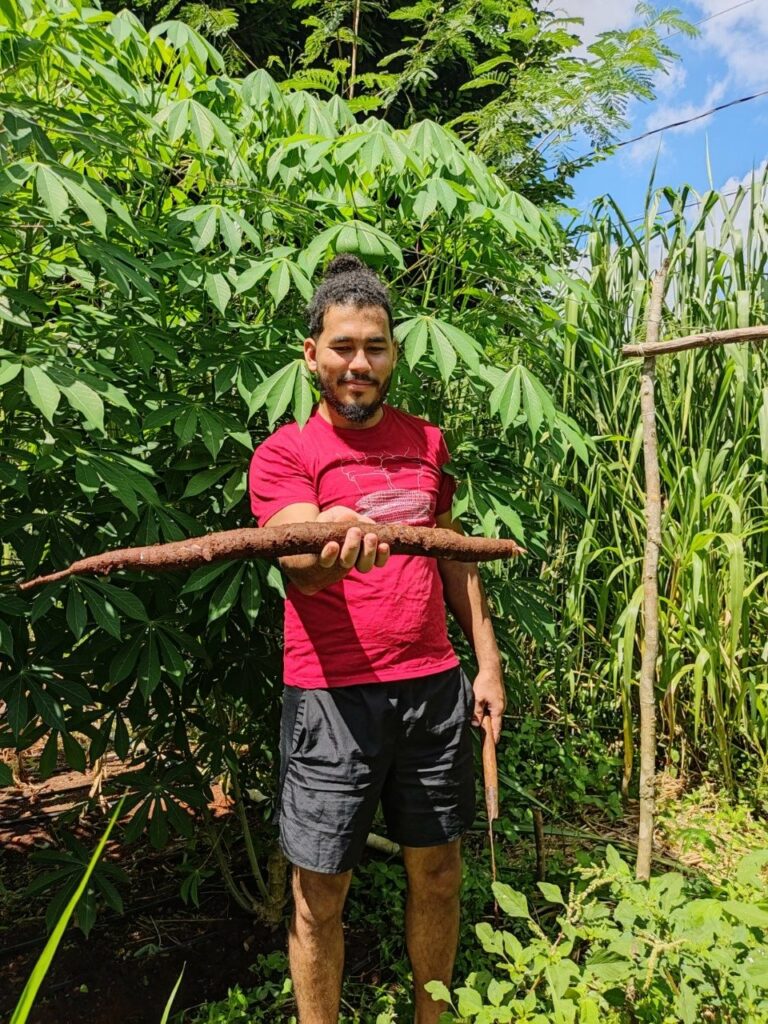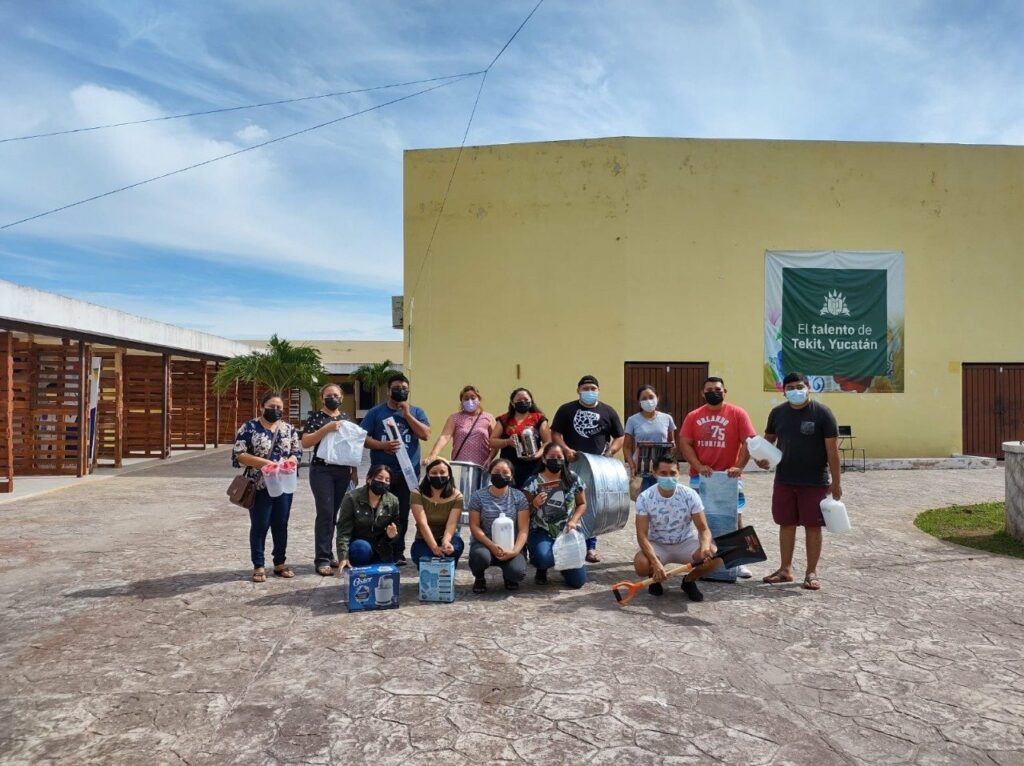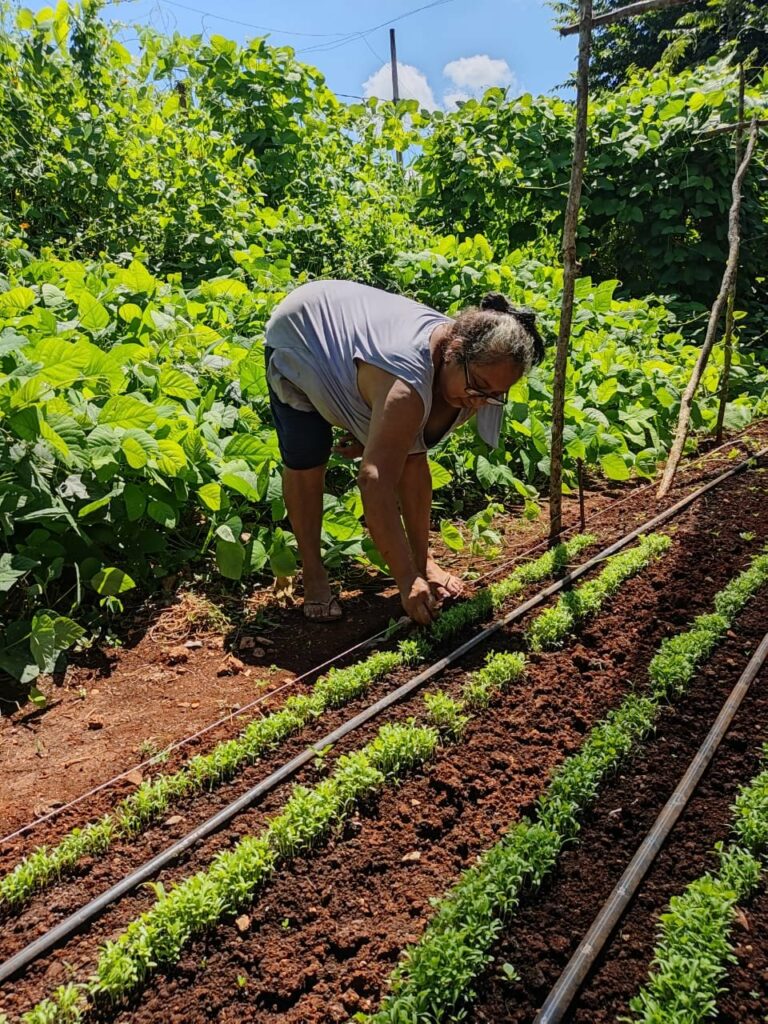Deepening agroecological practices and finding new ways of funding could both be vital to the planet’s future.
With hurricanes evermore ferocious and biodiversity vanishing at alarming rates, farming communities are re-embracing traditional agroecology practices to safeguard resilience and sustenance.
At the same time, philanthropic organisations are exploring how to put to rest paternalistic and colonialist giving practices and directly support community-led processes that are inclusive and participatory. An example of this is emerging in the Yucatán Peninsula among the Mayan Cooperative, T’uumben K’ooben, the Agroecology Fund and the W.K. Kellogg Foundation.

In 2020, Mexico’s Yucatán Peninsula was devastated by an intense drought, followed by floods, hurricanes, and frequent outbreaks of pests – in addition to the Covid-19 crisis. These events have undermined food security and livelihoods, especially among small farmer families. Mayan communities are beginning to wonder whether the high input of chemical pesticides and fertilisers introduced since the Green Revolution of the 1950s helped or hurt.
At this moment of overlapping crises, the Agroecology Fund (AEF), a global initiative comprising over 30 donors, announced the launch of the Yucatán Peninsula Agroecological Fund (FAPY) to support Mexican community organisations leading recovery from the ravages of climate change and Covid. With funding from the W.K. Kellogg Foundation, FAPY is managed by the local partner, T’uumben K’ooben. FAPY’s mission is to support grassroots projects that strengthen agroecological production, deepen locally-led research and learning, improve market access, and build a more just and climate-resilient food system. FAPY advisers guide the funding of projects led by legally constituted community organisations or by community groups affiliated with organisations eligible to receive financing.

As important as the support is the way it is provided. The T’uumben K’ooben organisers/agronomists, comprised principally of Mayan women, administer FAPY’s grantmaking and provide technical assistance and facilitated learning. Most are first-generation professionals; some are graduates of the Tropical Agricultural Research and Teaching Center (CATIE) and ECOSUR’s agroecology programme. Having worked alongside their grandparents in milpas and in animal husbandry, they know agroecology first-hand and have witnessed, with growing concern, dietary and cultural shifts (white bread instead of corn tortillas, high consumption of Coca-Cola) in their communities, alongside massive out-migration. They’ve seen communities hurt by hotel industry land grabs, agrochemical poisoning and development models that undermine local ways of life.
In the Mayan peasant lifestyle, food depends on the crops of the milpa and resources from the jungle. The losses due to the climate emergencies are discouraging; through agroecology, communities seek to reduce environmental impacts and vulnerabilities and better manage the natural resources essential to food sovereignty and rural life. So, it’s only right that they lead the transformation of food systems towards something much more culturally and ecologically appropriate.
Learning from cultural practices that safeguard healthy food systems lies at the heart of a global agroecology movement. By partnering with the Agroecology Fund, T’uumben K’ooben colleagues and FAPY grantees join Indigenous and peasant communities across the globe, exchanging knowledge and experiences with agroecology practitioners and fortifying powerful, grassroots networks and alliances to move policy in critical global institutions like the UN Food and Agriculture Organization.

Closer to home, Mayan Indigenous communities demonstrate to the Mexican government how to scale up agroecology, a policy commitment – not yet implemented – of the López Obrador administration. Scientists in recent Intergovernmental Panel on Climate Change reports underscore that improved landscape stewardship of the sort practised by the Mayan beekeepers and agroforesters is fundamental to cooling the planet. Respecting these communities and their practices thus helps the entire global community. When donors genuinely decentralise philanthropic practices and Indigenous leaders have the resources they need to support their communities and collaborate with their allies, sustainable and equitable food systems will be the rule rather than the exception.
About the authors:
Dulce Magaña is president of the T’uumben K’ooben Cooperative.
Daniel Moss is co-director of the Agroecology Fund
This article was originally published in the Alliance in December 2021.
Photos courtesy of Paolo Xiu from Mayahorticultores SPR, Carla Avíles from the FAPY Coordination Team and Carlos Ucán Yan from Organización ka’a kuxtal-PROTEINNA.
